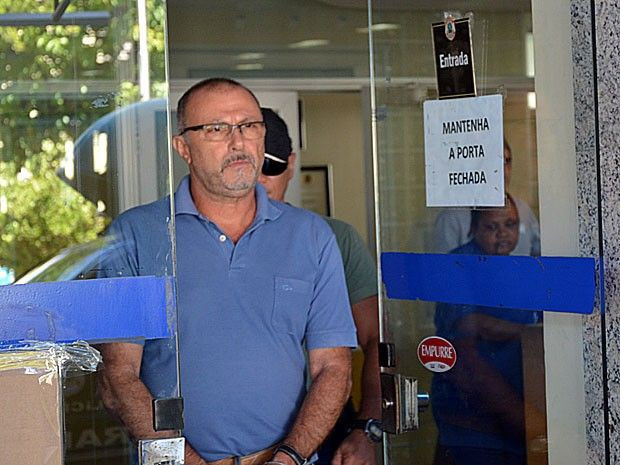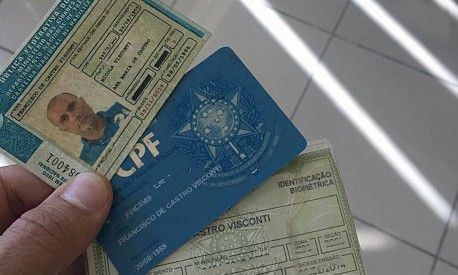
Pasquale Scotti was arrested on Tuesday morning as he dropped his kids off at their school Recife, Pernambuco, Brazil. To his Brazilian wife, two sons and neighbors, Scotti was a respected business man, who’d come from Italy in the 1980s. What his neighbors didn’t know was that Scottie was found guilty of ordering or committing 26 murders and other crimes. An Italian court sentenced him to life in prison. Trials and sentencings for those crimes were held in absentia, in 1991 and 2005. A top boss at the Camorra, Scotti ran with many of the gangsters that inspired the 2008 film “Gomorrah,” co-written by Roberto Saviano, who was familiar with the gangster’s tale.
“I know well the story of Scotti. We all grew up with the myth of Pasquale Scotti!” Saviano told The Guardian after hearing of Scotti’s arrest.
Police said that Scotti forged an entirely new life in Brazil. Going by the name of Francisco de Castro Visconti, he set up legitimate businesses in Recife, including a real-estate firm and a fireworks factory. According to images distributed by Brazilian police, Scotti had obtained extensive identification, allowing him to live, pay taxes and even vote in his new country. According to authorities, he’s not suspected of committing any crimes in Brazil. His children and extended family had no knowledge of his history with organized crime. Scotti told interrogators that not even his wife of 18 years knew of his involvement with the Camorra. Even the Italian police weren’t sure that Scotti was in Brazil, or even that he was alive.
Former associates of Scotti had indicated that he died in 1984. Scotti may have stayed free forever if not for a recent probe into suspicious activity in Brazil led by Italian police. The operation, which hasn’t been completely declassified, cast a dragnet of what officials described as “suspicious” Italians living and working in Brazil. Authorities reportedly matched fingerprints of “Francisco de Castro Visconti” to Pasquale Scotti.
Scotti may have chosen Brazil because it had stingy extradition laws in the 1980s, allowing some European criminals to live openly. But those laws changed, and Interpol eventually caught up to him. A collaboration between Brazil’s Federal Police, Italy’s organized crime officials, and Interpol resulted in his arrest. He’s now in a maximum security prison in Brazil awaiting his extradition to Italy. Back in mafia-ridden Naples where he once terrorized the streets, Scotti’s arrest was celebrated by local law enforcement.
“Sooner or later justice will apprehend you. The state doesn’t forget,” Fausto Lamparelli, a Naples police official, said Tuesday.

© 2025 Latin Times. All rights reserved. Do not reproduce without permission.




